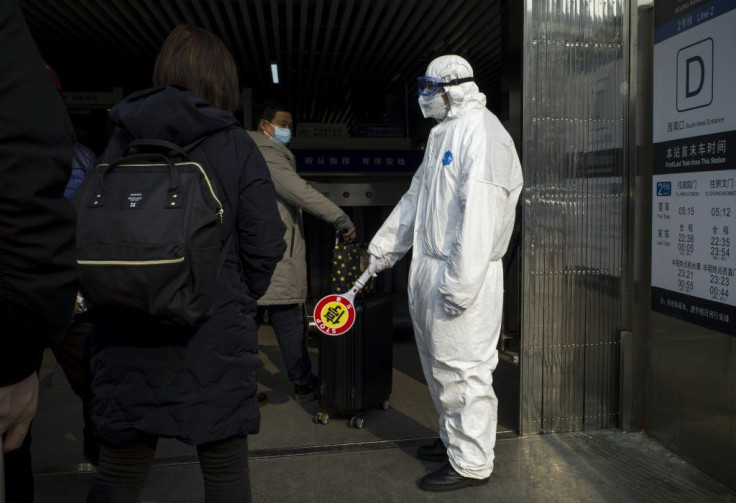Coronavirus Death Toll Hits 80, More Cases Confirmed In US

Chinese officials have confirmed that there are over 2,700 confirmed cases of the Wuhan virus in China. That number includes over 450 people who are in critical condition and 80 people who have succumbed to the virus.
China’s National Health Commission said in a press briefing that the incubation period for the virus is about 10 days and that it is contagious during this stage before those infected show any symptoms.
This puts additional pressure on prevention control. By comparison, the previous SARS virus that killed nearly 800 people in the 2002-2003 epidemic became contagious only after showing symptoms making it easier to contain.
As new cases crop up in the United States, Senator Chuck Schumer has asked Health and Human Services Secretary Alex Azar and the Trump administration to declare a formal public health emergency. Schumer said at a Sunday news conference, "If we have learned anything from the risks the new viruses pose to public health, it is a 'stitch in time saves nine,' and the more we can do to be proactive, the better off the public will be.” So far there are only a handful of confirmed cases in the U.S.
Outside the U.S. and China, the numbers of confirmed cases are increasing at a rapid pace:
- Singapore’s health ministry said the number of confirmed cases in the city-state rose to four.
- South Korea reported its third patient infected with the virus.
- Thailand also reported three new cases, according to the Associated Press.
- Australia has confirmed five people have been infected including a 21-year-old woman who was on the last flight out of Wuhan to Sydney before China restricted travel out of the city, according to a Reuter’s report.
- French authorities on Friday confirmed the first instances of the virus in Europe, with three cases in the country, two patients in Paris and one in Bordeaux, according to local media.
- Nepal is said to have confirmed its first case, a Nepali student studying in China, according to Xinhua.
- Cases have also been reported in Taiwan, Canada, Japan, Malaysia, and Vietnam.
China is stepping up efforts by sending medical supplies to Wuhan including thousands of protective suits and gloves. According to its State Council, emergency supplies of 3 million masks, 100,000 protective suits and 2,180 pairs of goggles were also made available to the city’s 11 million people. Also, 1,600 medical personnel are being sent to Wuhan.
On Sunday, the Associated Press reported that Chinese authorities banned the trade of wild animals sold and consumed as food. A Wahun fish market selling the animals may be the origin of the virus leading some to think that perhaps this ban should have been in place years ago before any viral outbreak.
© Copyright IBTimes 2025. All rights reserved.





















